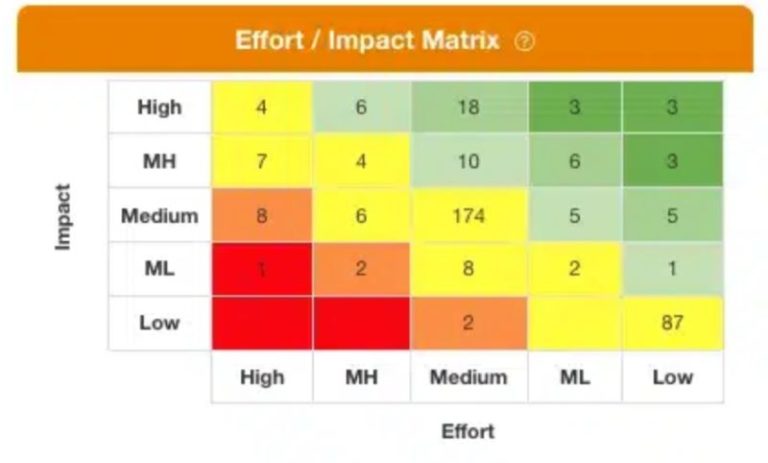

Introduction
Traditional investment options like stocks and bonds have long been the cornerstone of many portfolios. However, in today’s dynamic and volatile market environment, investors are increasingly turning to alternative investments to diversify their holdings and potentially enhance their returns. One such alternative is hedge funds. Amid this shifting landscape, investors must have access to reliable information and education. In addition, if you are looking for a website that helps people learn about investments by connecting them with investment education companies that can help them receive the right information, you may create a free account here.
Understanding Hedge Funds
Hedge funds are investment funds that pool capital from accredited investors and institutional investors to invest in a diverse range of assets and strategies. Unlike traditional investments, hedge funds can use leverage, short-selling, and derivatives to generate returns. They are typically managed by professional investment managers who employ sophisticated strategies to maximize returns while managing risk.
Benefits of Hedge Funds
One of the key benefits of hedge funds is their potential for higher returns compared to traditional investments. Because hedge funds can use a wider range of investment strategies, they can capitalize on market opportunities that may not be available to traditional investors. Additionally, hedge funds can also serve as a hedge against market downturns, as they often use strategies that are designed to profit in falling markets.
Risks and Challenges
While hedge funds offer the potential for higher returns, they also come with a higher level of risk. One of the main risks of investing in hedge funds is the lack of liquidity. Unlike stocks and bonds, which can be bought and sold easily on public exchanges, hedge funds often have lock-up periods during which investors cannot redeem their investments. Additionally, the complex nature of hedge fund strategies can make them difficult to understand and evaluate, increasing the risk of investment losses. Regulatory and compliance risks are also important considerations when investing in hedge funds, as they are subject to a different set of regulations than traditional investments.
Investing in Hedge Funds
Investing in hedge funds is typically reserved for accredited investors, who are individuals or entities that meet certain income or net worth requirements. Accredited investors have access to a wider range of investment opportunities, including hedge funds, private equity, and venture capital. There are several ways to invest in hedge funds, including direct investment in a single fund or through a fund of funds, which pools capital from multiple investors to invest in a portfolio of hedge funds.
Performance and Track Record
Evaluating the performance of a hedge fund requires a thorough understanding of its investment strategy and track record. Key performance metrics to consider include alpha, beta, and the Sharpe ratio, which measure risk-adjusted returns. It’s also important to consider a hedge fund’s track record, including its historical performance, how it has performed during different market conditions, and the experience of its investment team.
Future Outlook and Trends
The hedge fund industry is constantly evolving, and several trends are shaping its future. One such trend is the growing interest in ESG (Environmental, Social, and Governance) investing, which considers the ethical and sustainability practices of companies in which hedge funds invest. Quantitative strategies, which use mathematical models to identify investment opportunities, are also gaining popularity among hedge fund managers. Additionally, regulatory changes, such as increased transparency and reporting requirements, are likely to impact the hedge fund industry in the coming years.
Conclusion Hedge funds offer investors a unique opportunity to diversify their portfolios and potentially enhance their returns. However, investing in hedge funds comes with its own set of risks and challenges, and it’s important for investors to carefully consider these factors before investing. By understanding the benefits, risks, and how to invest in hedge funds, investors can make informed decisions that align with their investment goals and risk tolerance.


